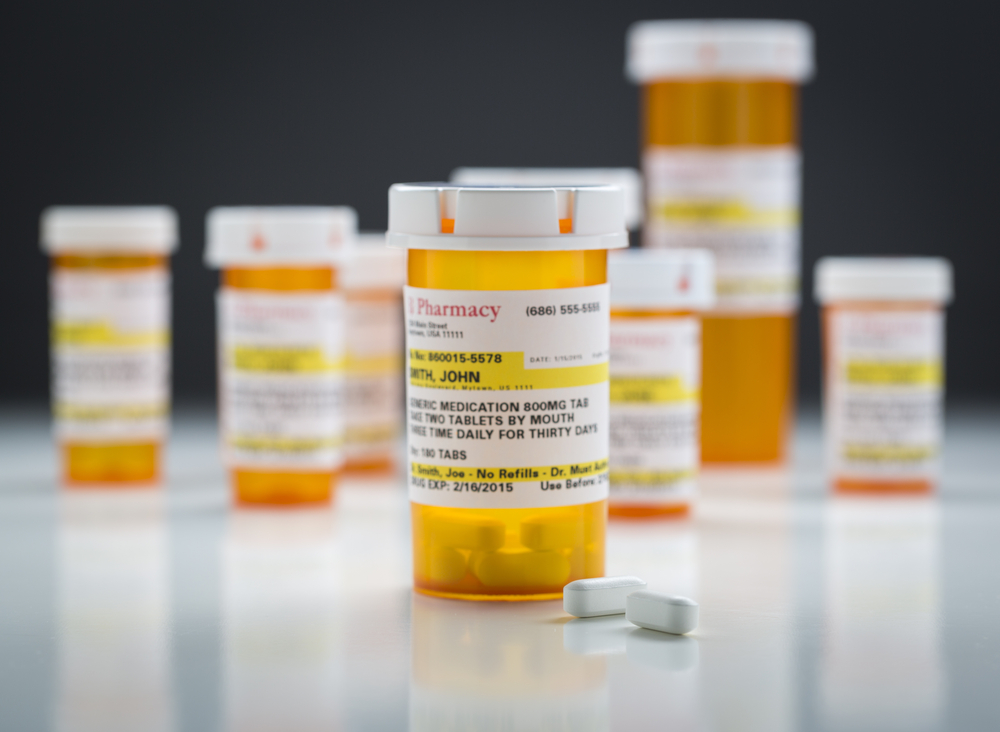May 6, 2021 – The outcome of a recent Advisory Committee meeting convened to review the uses of certain cancer drugs that were approved under the Food and Drug Administration’s (FDA’s) accelerated approval process sheds light on the potential pitfalls of the process after the approvals are granted.
The FDA Oncologic Drugs Advisory Committee voted in late April that specific uses of two of the six cancer drugs being reviewed – Keytruda for stomach cancer and Opdivo for certain types of liver cancer – should be withdrawn. The FDA is not required to follow the Advisory Committee’s recommendations, but it usually does.
The FDA’s accelerated approval program was established in 1992 to allow for earlier approval of drugs that treat serious conditions and fill an unmet medical need based on a surrogate endpoint. According to the agency, drug companies are still required to conduct Phase 4 clinical trials to confirm the anticipated clinical benefit.
Under the program parameters, approval of a drug may be withdrawn or the labeled indication of the drug changed “if trials fail to verify clinical benefit or do not demonstrate sufficient clinical benefit to justify the risks associated with the drug (e.g., show a significantly smaller magnitude or duration of benefit than was anticipated based on the observed effect on the surrogate).”
Critics of the program argue that post-accelerated approval evaluations lag far behind the approvals. The Associated Press reported that the recent FDA panel meeting is “the first meeting in a decade to consider clawing back approvals” and that many researchers assert that the FDA “has failed to crack down on medications that don’t deliver on their early promise, leaving a glut of expensive, unproven cancer drugs on the market.”
Indeed, according to the AP, of 155 expedited cancer approvals, only 10 have been withdrawn, “almost always voluntarily by the manufacturer. The FDA has used its authority to revoke an accelerated cancer approval only once” – Roche’s Avastin for breast cancer.




